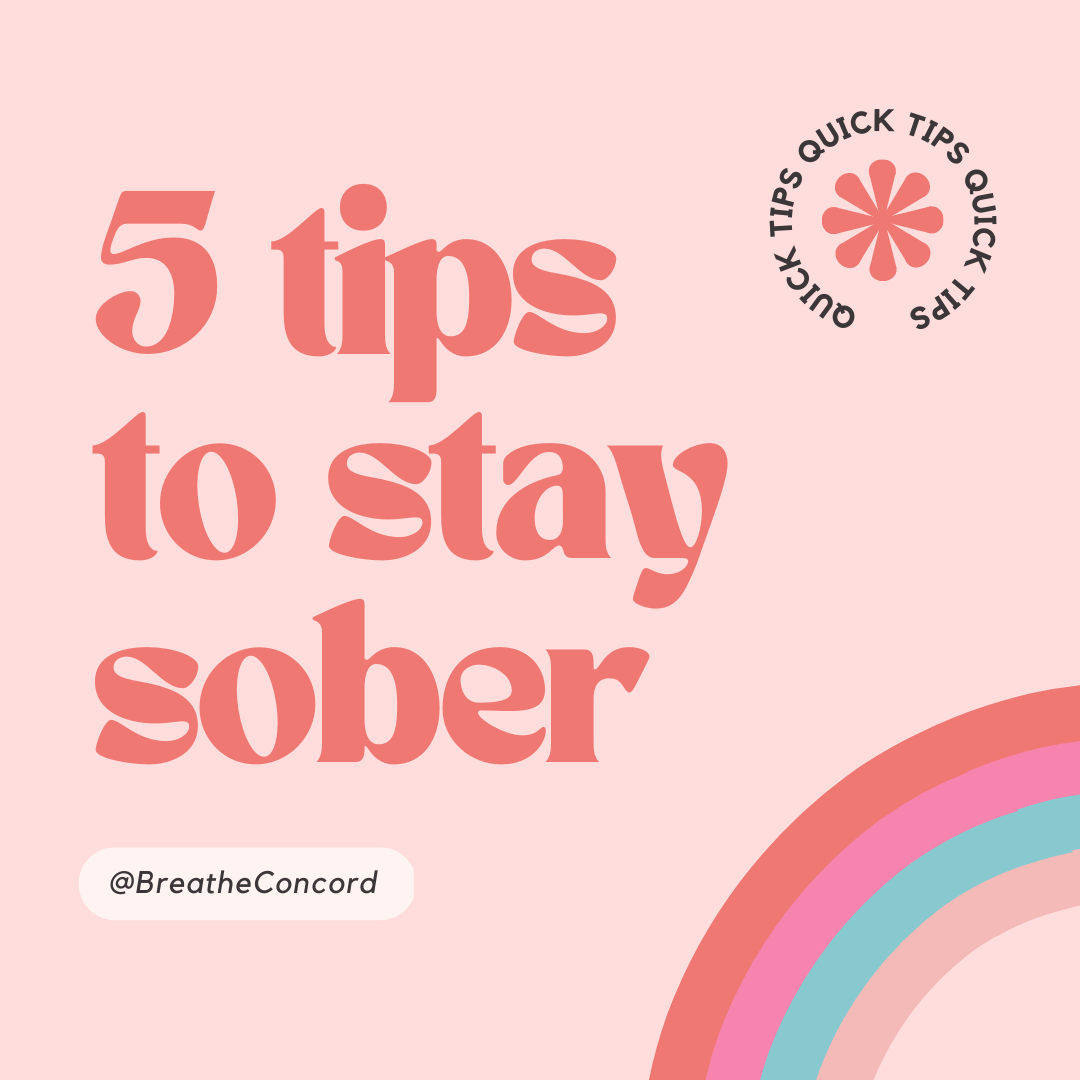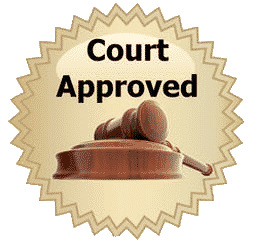|
Let’s dive into the process of handling a DWI in North Carolina for out-of-state residents and how Breathe a Center for Wellness can assist:
1. Obtaining a DWI Assessment in Your State o Complete a DWI assessment, which can help reduce the severity of punishment and potentially avoid jail time. 2. DWI Classes or Treatment: o Based on the assessment, you may need to attend DWI classes or undergo treatment. 3. Satisfying the Sentence & Regaining Your License: o After completing the required steps, including treatment, you’ll receive a Certificate of Completion (E-508 form). o This form is submitted to the North Carolina DMV to lift the hold on your Motor Vehicle Report (MVR). o The state typically takes 5-10 business days to approve E-508 forms1. Breathe a Center for Wellness can guide you through each step, ensuring a smoother process. If you have further questions, feel free to call them at (704) 782-3050 or book an appointment. Remember to inhale and exhale – they’re here to support you!
0 Comments
DWI Laws in North Carolina
North Carolina takes DWI seriously, and the penalties can be severe. Here are some key points: 1. Blood Alcohol Concentration (BAC) Limits: o For drivers aged 21 or older, the legal BAC limit is 0.08% or higher. o Commercial drivers face a stricter limit of 0.04% or higher12. 2. Penalties for First-Time Offenders: o Minimum jail time: 24 hours (for level 5 offenders). o Fines: $200 (for level 5 offenders). o Additional penalties may apply based on aggravating factors1. 3. Breathe Wellness Center: o If you’re dealing with a DWI, consider seeking support from Breathe Wellness Center in Kannapolis, NC. o Breathe offers DWI assessments, treatment, and counseling services. o They emphasize hope, providing 24/7 online scheduling and telehealth options. o Their compassionate approach helps individuals navigate the challenges associated with DWI3. Additional Resources For more information, visit Breathe Wellness Center’s website: Breathe Wellness Center. Remember, it’s crucial to prioritize safety, especially during the summer when social gatherings and celebrations increase. If you or someone you know faces DWI charges, seek professional guidance and explore resources like Breathe Wellness Center to support your journey toward recovery and responsible driving.
Looking for more tips or ways to follow these steps? Follow us on Instagram at both @BreatheConcord and @GraceAndSobrieTea ADETS: Alcohol/Drug Education Traffic School
I received a DWI. What do I need to do in to get my license back?
You must obtain a certificate of completion. A certificate of completion can be obtained by: Completing a substance abuse assessment at an authorized NC DWI Services provider, and completing the recommended level of treatment or education (ADETS) at an authorized NC DWI Services provider. I need an assessment for my DWI charge, where do I go to do this? You must complete your assessment at an authorized DWI Services Provider. You will have the option to do this via Telehealth or come to the office. What do I need to bring to the DWI assessment? 1. Documentation of Blood Alcohol Content 2. Citation 3. Picture ID How much will my DWI assessment cost? $100 What requirements would I have to meet to be eligible to be referred to Alcohol and Drug Education Traffic School (ADETS) instead of treatment? • You have no previous DWI offense conviction in your lifetime, and, you did not refuse to submit a chemical test, and your BAC was 0.14% or less at the time of your arrest, and • Your assessment does not identify a substance abuse handicap (i.e. a substance use disorder, mild, moderate or severe). How much does ADETS (education program) cost? Cost: $160 If I don’t qualify for ADETS (education), what are the other levels of treatment that I could be recommended to complete? • Short Term Outpatient Treatment - (Minimum of 20 contact hours over a minimum of 30 days) • Longer Term Outpatient Treatment - (Minimum 40 contact hours over a minimum of 60 days) • Day Treatment/Intensive Outpatient Treatment - (Minimum 90 hours over a minimum of 90 days) • Inpatient/Residential Treatment - (Minimum 90 days) I’m still confused, what can I do? Breathe. Call us today and we will answer any questions you have, 704-782-3050. We are now offering Telehealth. We know that there’s widespread concern in our community about the Coronavirus Disease 2019 (COVID-19), and we want you to know that your health is our top priority at Breathe.
With the increasing uncertainty and growing number of infected individuals around the world, we encourage you to take responsibility for yourself and your family. Though the risk remains low, it’s important to take a proactive approach to minimize exposure. • If you’ve recently been in any airport, please wait 14 days before coming in for an appointment. • If you or someone close to you has recently traveled to or from Iran, South Korea, China, or Italy, we insist you postpone booking an appointment until further notice. If this applies to you, please inform me via email, and I’ll put you on a dedicated wait-list for an appointment. • If you’re exhibiting symptoms of respiratory illness, I urge you to stay home, take care of yourself, and seek medical help when appropriate. I encourage you to schedule a secure video appointment with me. Research shows that they can be just as effective as in-person appointments, and we can continue your care without interruption. If you're interested, let me know and I'll make the necessary arrangements. Please refer to the CDC’s dedicated 2019-ncov website for additional information, and maintain awareness by checking the official communications from the Centers for Disease Control and World Health Organization. The 508 form is the electronic form that is sent to the North Carolina DMV to show when an assessment and recommended education or treatment has been completed. This form will include your arrest date, demographic information, your breathalyzer results and/or blood test results, and the level of recommended education or treatment that was made by your provider.
When your treatment is completed it is important you contact your provider with your conviction date if you had your assessment prior to your conviction. Your 508 can not be entered without your conviction date. When the assessment and treatment have been approved, the hold on your Motor Vehicle Report (MVR) will be lifted. The state asks for 5- 10 business days to approve all E-508 forms. Have additional questions? Call us today at 704-782-3050 or book an appointment now. Inhale. Exhale. We know it's a lot of information. That's why we are called Breathe. We are here to help you with every step of this process. On the twelfth day of Christmas my true love gave to me: The gift of sobriety!
The holidays can be tough and full of triggers. You may be wondering how you can stay sober during this time. Below are some tips to consider.
 Visiting North Carolina and received a DWI? We have over 17 years of experience working with out-of-state DWI cases. We are fully licensed by NC DWI Services. We are willing to assist you with your needs in a professional, confidential, and timely manner. Here's what you need to know: DWI: Living Outside of North Carolina If you live outside of North Carolina and:
Helpful links http://www.nchhs.gov/mhddsas/services/dwi Grief and the Holidays: Ways to Cope and Comfort by Caleb Anderson
The holidays are notoriously difficult for people who are still grieving the loss of a loved one. It doesn’t even have to be a recent loss-- this time of year is highly advertised as a time to spend with those you are closest to. Seeing that reminder in every print advertisement, on the television, in the displays of every storefront, and even in the songs on the radio constantly reminds a person of the one they lost. The grieving process never really stops, it only gets easier to deal with as the years go by. Feelings of isolation, guilt, anger, and depression can persist for quite some time. Live the Hygge Life You know that feeling when you are bundled up in comfortable clothes and wrapped in a warm blanket; you are sitting by the fireside or you have your favorite candles burning; you’re grasping a mug of warm tea and in that moment you are just… comfy? In Scandinavia, there is a word for that feeling-- hygge. If you are having a rough moment, day, or even week, take some time to create a hygge environment in your life. Bundle up under the covers with a cup of hot cocoa and your favorite movies. Or go to a cozy cafe take in a good book you’ve been wanting to read. Finding hygge is about taking care of yourself, which is something grieving people often neglect to do. Get Moving We all need to exercise in one way or another. Exercise supports humans physically, mentally, and even emotionally. Modern humans generally live a very sedentary lifestyle which is unnatural for us. Taking time to be physically active helps regulate our body’s chemistry including cortisol and endorphins levels. It doesn’t have to be much-- just 30 minutes of light exercise a day. That can be as easy walking your dog, riding your bike around the neighborhood, or even doing a bit of gentle yoga for grief in your living room. This exercise is about taking care of yourself and your body rather than burning calories and building muscle. Embrace the Season If everything around you has to be so jolly-as-advertised, you might as well play into the spirit and take advantage of some holiday fun. Avoiding your feelings isn’t healthy, but the occasional distraction can make it easier to get through the season. Pick your favorite activities that are what you love about winter: - Go see a special screening of a holiday movie at the local theater. - Attend a bonfire or cozy up by your own hearth at home. - Spend time playing with your dog outside in the snow. Or just cozy up with your pet indoors. - Tour your city’s best holiday lights and decorations. - Listen to your favorite holiday music while you do things around the house. - Go sledding or ice skating. - Throw an “ugly sweater party” where people get to wear their tackiest holiday attire. - Bake your favorite holiday treats. - Volunteer with a local charity that needs extra hands during the holidays. *** The holidays are a difficult time for people that are grieving. We are constantly reminded that this time of year is to be spend with the ones we love, which can be a harsh reminder that one of your loved ones is gone. To help get through the season, embrace coziness with the Scandinavian concept of hygge. Don’t forget to take time for yourself to exercise. It only takes 30 minutes of light activity a day to help boost your mood. Finally, take advantage of all the season has to offer. You shouldn’t repress your emotions, but a fun distraction every now and then is fine. |
AuthorsAlanna is the Owner and Clinical Director of Breathe., LLC. Alanna is a Licensed Clinical Addictions Specialist, Registered Yoga Instructor, and Certified Heartmath Trainer. Alanna has over 20 years of experience working in the addictions field. Alanna takes a holistic approach when working with clients, combining the mind, body, and spirit in counseling. Archives
July 2024
Categories
All
|
HoursM-F: 7am-7pm(appt only)
|
Telephone704-782-3050
Fax 704-908-0394 |
|












 RSS Feed
RSS Feed